Let’s break this down—because according to biomechanics expert Tom Purvis (creator of the Resistance Training Specialist® program), reps are arbitrary unless the variables that influence them are understood and controlled.
The Rep is Just a Container
Think of a rep as a box. What matters isn’t the number of boxes you stack—it’s what’s inside each one.
Every repetition is an opportunity to challenge a muscle. But the effectiveness of that challenge depends on:
- Range of motion (how far you’re moving)
- Tempo (how fast or slow you’re moving)
- Torque and resistance profile (how much effort the muscle has to produce throughout the movement)
- Intent (your level of focus and control)
- Fatigue management (how well you’re controlling the failure point)
If these variables aren’t consistent, then 10 reps done one way can be completely different from 10 reps done another way. That’s why a rigid focus on rep counts without considering quality is flawed.
Quality Over Quantity
Tom Purvis emphasizes the importance of internal mechanics—how the body actually experiences the resistance. You can do 3 perfect reps and get a better result than 15 mindless ones. It’s not about chasing fatigue or “feeling the burn,” it’s about controlling mechanical tension on the targeted tissue.
This is especially important if you’re training to avoid injury or manage pain. High reps performed poorly can reinforce dysfunctional patterns and cause more harm than good.
“Stimulate, Don’t Annihilate”
The goal is to apply an effective stimulus—not to hit an arbitrary number. If you understand your body, the machine or tool you’re using, and how to maximize tension in the muscle, the rep count becomes a reflection of how long you can maintain quality, not a goal in itself.
This is why in our training at Theorem Fitness & Jiu Jitsu Club, we teach clients to ask a better question:
“Am I challenging the muscle safely, consistently, and intentionally?”
Not: “How many reps should I do?”
Practical Takeaway
Stop thinking in numbers. Start thinking in precision, purpose, and progression.
- Focus on feel and form over chasing fatigue.
- Understand the mechanics of each movement.
- Recognize that rep ranges are just guidelines, not laws.
Whether you hit 6 reps or 16, what matters is how well those reps are executed.
Want to train smarter and live pain-free?
Book a personalized consultation with Theorem Fitness & Jiu Jitsu Club. We don’t count reps. We craft results.


